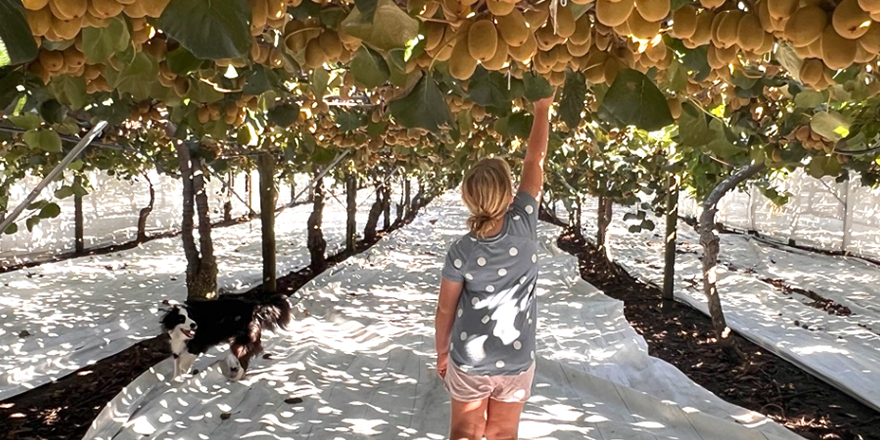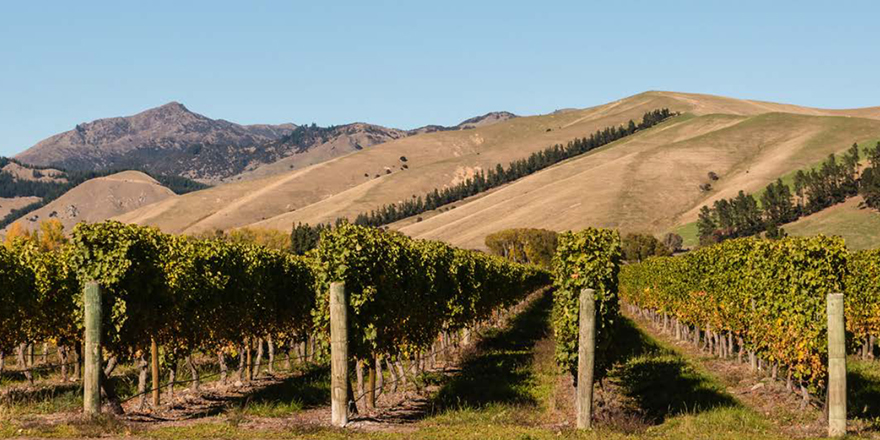New Zealand farmers are facing significant pressure to manage the impact of their land use on water quality which has been affecting their social licence to farm. The environment we farm in underpins the sustainability of our farming businesses and our country. As stated in the KPMG Agribusiness Agenda 2017, an annual report detailing the insights and megatrends relevant to the agribusiness sector, a vision for the agri-food sector is actually a vision for New Zealand, given we are the only developed country that relies on selling biologically produced products to fund our schools, roads and hospitals.
Statutory regulation for fresh water management has caused competition between farmers within catchments as allocation of nutrients amongst land owners is discussed. A national strategy and anticipating the way forward is an easier way to collaborate than when legislation is in place. It takes more listening and more engagement. In my experience as a Certified Nutrient Management Advisor, farmers are willing to better understand what changes need to be made on farm, they don’t want to be doing the wrong thing.
The competition really begins when industry bodies or processing companies get involved. Energy-wasted competition with fellow New Zealand farmers will get us nowhere. In situations where compromise is needed between farmers the time needs to be taken for the trust and understanding to be built between all parties involved. We need to better use our resources, both physical such as soil, water and biodiversity, and human resources to be the best New Zealand we can be. All too often I hear and read phrases such as “We need to collaboration more” or “we need to collaborated better”. What does that actually mean? What is effective primary industry collaboration for environmental gains? That is the questions I have been asking myself and others over the last 12 months.
This report includes four case studies that have been completed from 68 interviews completed during my Nuffield travels through America, Canada, Ireland, England, China and Australia. These case studies show how effective collaboration can be achieved. When effective collaboration is referred to, it is focusing on communities and catchments remaining strong and
vibrant. I’d love to see a New Zealand where instead of talking about Sarah the dairy farmer or Tom the sheep and beef producer, we talk about Sarah and Tom the food producers who farm in the same environment.
Environmental gains regarding soil, nutrients, irrigation, effluent and biodiversity can be made by each and every one of us. Each land based agricultural sector in New Zealand has a role to play and often, regardless of which sector you farm in, the same management practices will be applied to achieve these gains.
We need to acknowledge the current model of collaboration is not working. The main findings of this report identify key themes that came from interviews with overseas organisations that are having success with collaboration which enabled them to tackle environmental challenges.





